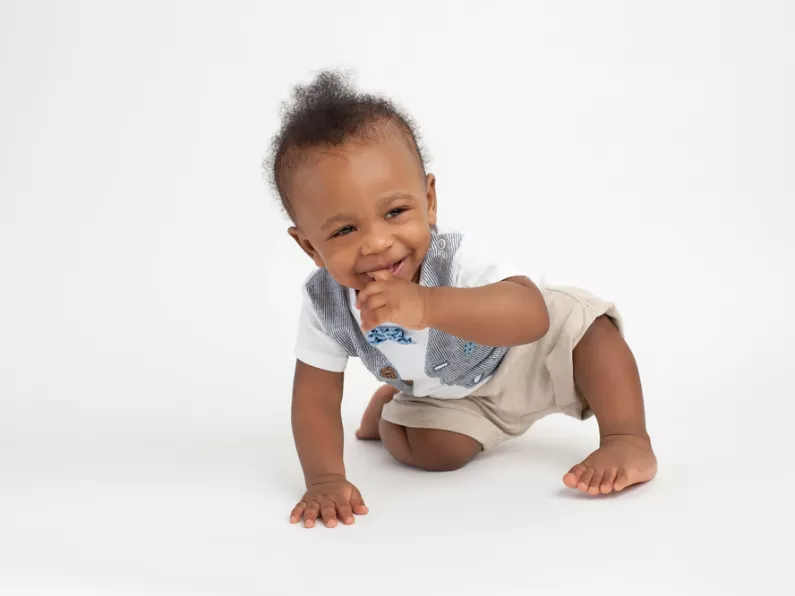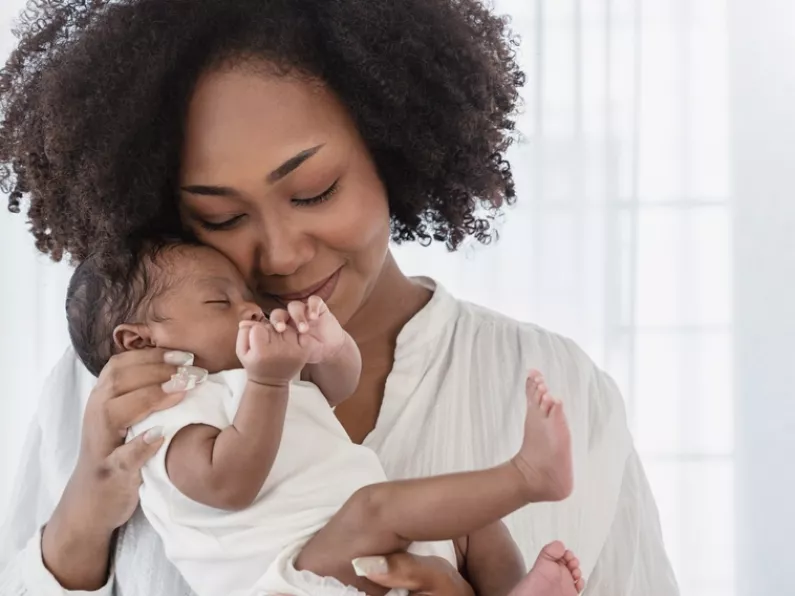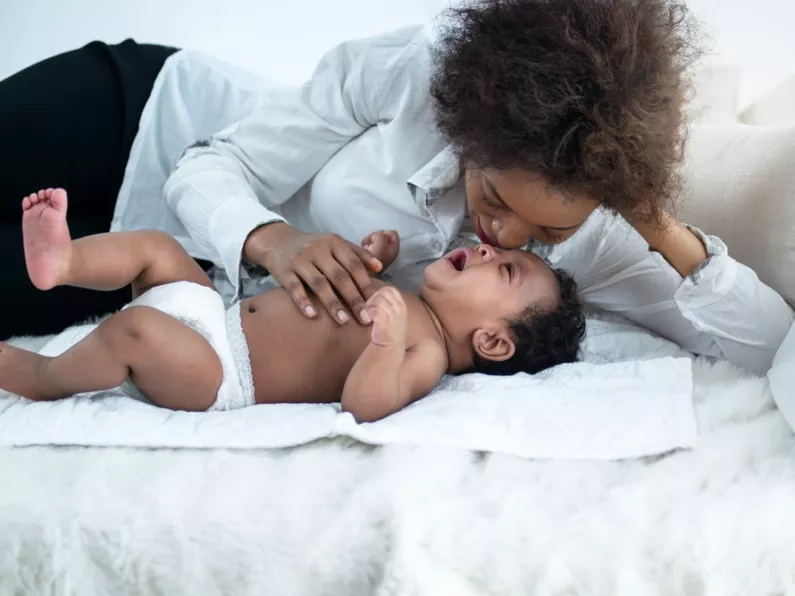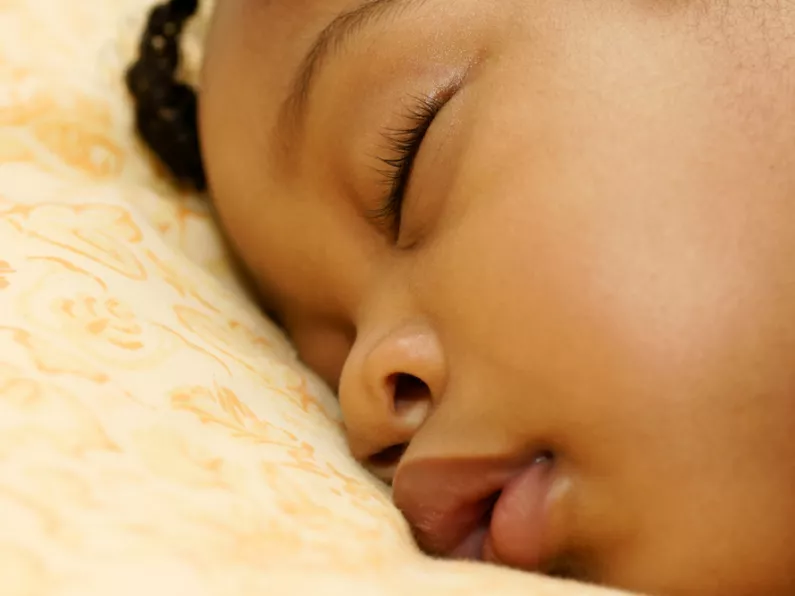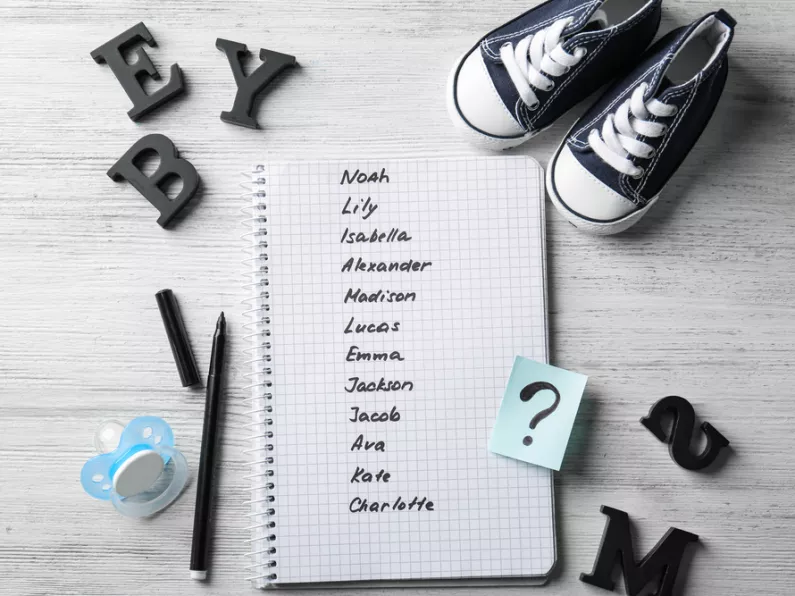A new study out of Ireland suggests that babies born during the country's first Covid-19 lockdown were likely to be slower to develop some social communication skills than their pre-pandemic peers.
They were less likely to be able to wave goodbye, point at things and know one “definite and meaningful word” by the time they turned one.
But, according to the research, they were more likely to be able to crawl.
And the authors of the Irish study have some theories as to why.
Isolation
They suggest that the babies in the lockdown cohort may have had fewer visitors, and so fewer occasions to learn to wave goodbye.
With limited trips outside of the house, babies may have seen fewer few objects they’d want to point to.
And they may have “heard a narrower repertoire of language and saw fewer unmasked faces speaking to them,” due to lockdown measures.
Conversely, lockdown babies may have learned to crawl faster because they spent more time at home, playing on the floor, “rather than out of the home in cars and strollers.”
Unprecedented lockdown
These results will come as no surprise to parents across the world who expressed concern about the emotional, physical and developmental affects the unprecedented isolation could have on babies.
Experts say children’s early years of life are their most formative — their brains soak up every interaction and experience, positive and negative, to build the neural connections that will serve them for the rest of their lives.
But for the cohort of “lockdown babies,” the “first year of life was very different to the pre-pandemic babies,” Susan Byrne, a pediatric neurologist at the Royal College of Surgeons in Ireland and lead author of the study, told The Washington Post.
Don't worry
Don't get too stressed though, as the authors have a key message for parents: Don’t be too worried.
“Babies are resilient and inquisitive by nature,” they note, and are likely to bounce back given the right support.
Pregnancy complications also spiked during the pandemic, but no one knows exactly why.
Government supports
Unfortunately, the pandemic is still not over, and experts say it could be years before they have a fuller picture of its effects on children.
In the meantime, the authors of the study say most babies can overcome any delay caused by the pandemic with the right support.
Researchers who have studied this cohort of babies have called on governments to provide more resources to families of lockdown babies - particularly those most at risk - and to follow those babies over time to ensure there are no long-term delays.

